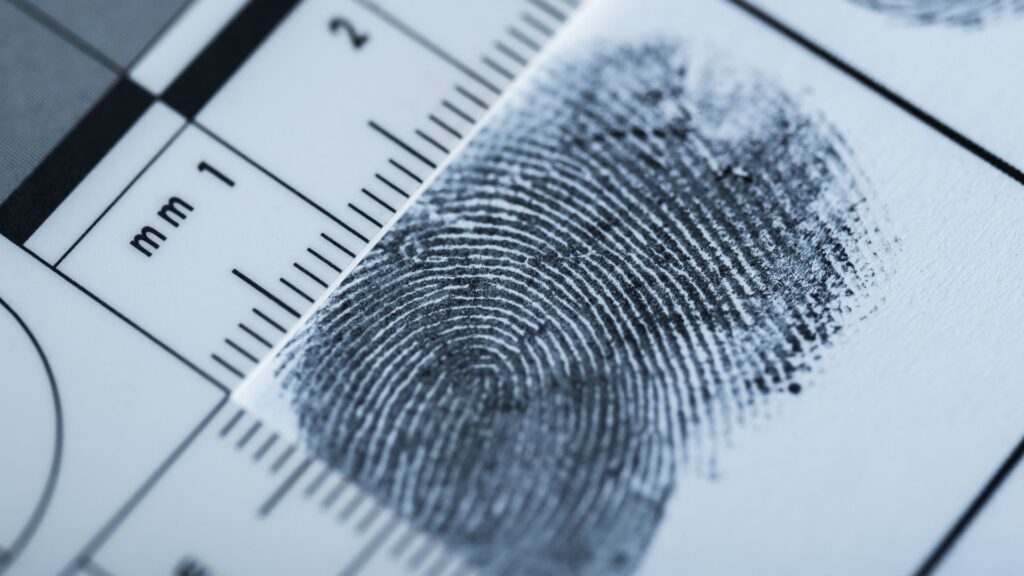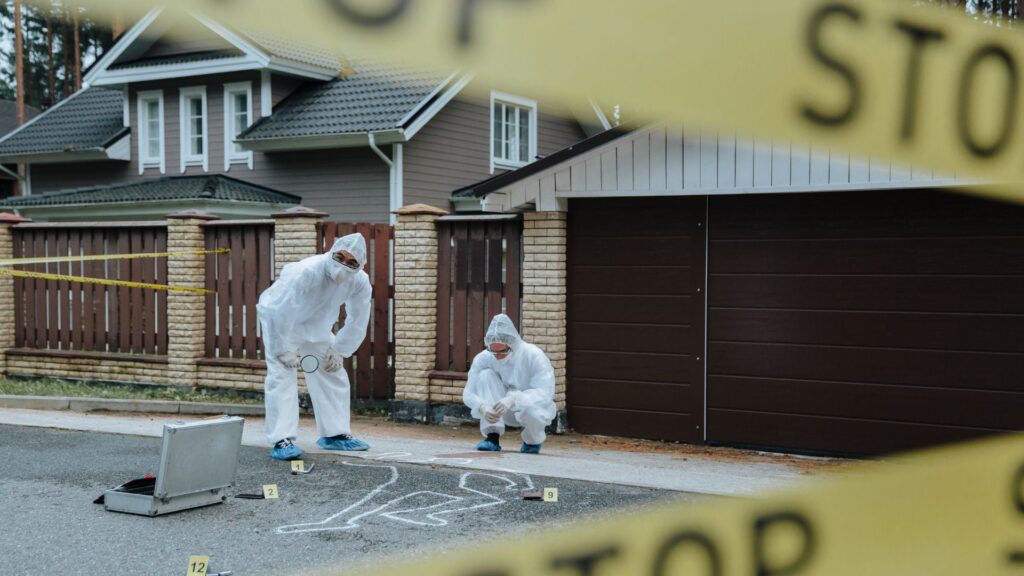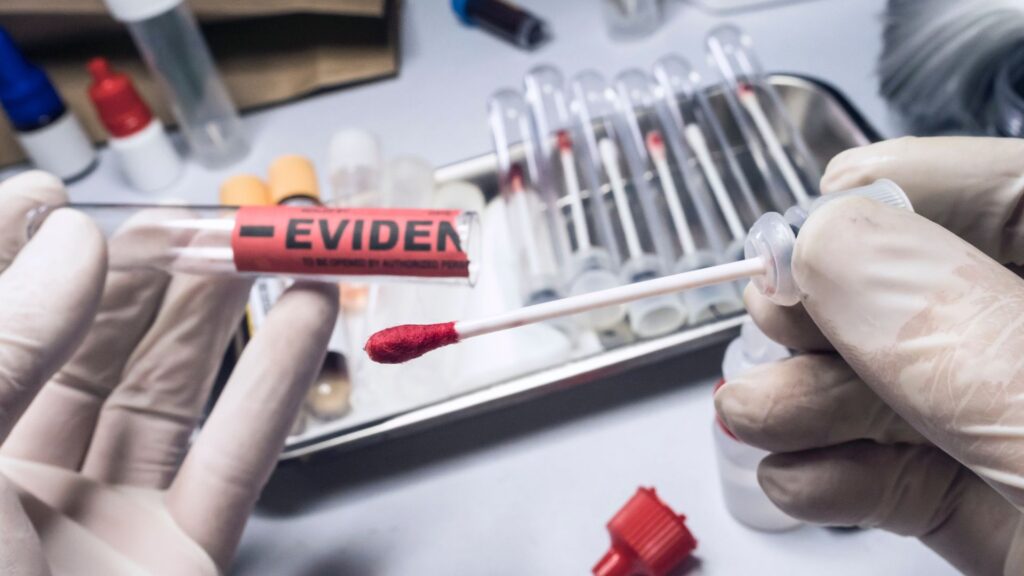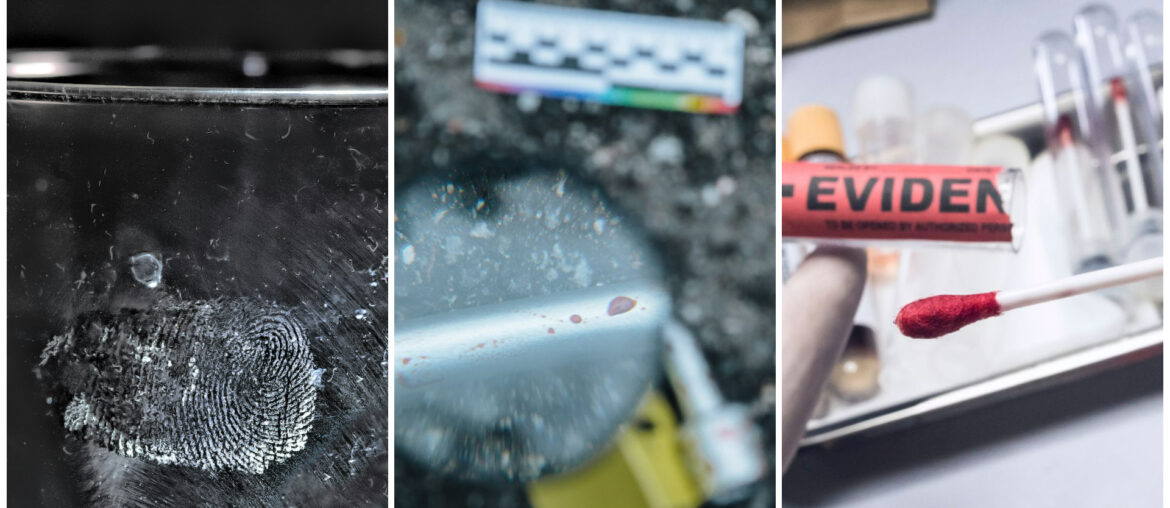By turning evidence into answers, the institute brings justice closer to those who have been left unheard.

On June 18, 2025, the University of the Philippines Manila marked its 117th anniversary by breaking ground on the National Forensics Institute (NFI). This landmark initiative is set to become the country’s premier hub for forensic science, education, and medico-legal services. The launch of the institute fulfills a key commitment made by the Philippine government during the 75th anniversary of the Universal Declaration of Human Rights in 2023, representing an improvement toward science-based justice.
Silence Breaker
The National Forensic Institute was established following President Marcos Jr.’s Administrative Order No. 29, issued in January 2025. This order created a Technical Working Group chaired by the Executive Secretary, with co-leadership from the Department of Justice (DOJ). The Department of the Interior and Local Government (DILG), the Department of Health (DOH), the Department of Foreign Affairs (DFA), the Department of Budget and Management (DBM), the Commission on Higher Education (CHED), the Presidential Human Rights Committee Secretariat, and UP Manila. The group comprises representatives from various agencies, underscoring the project’s national significance through this multi-agency collaboration.


Futures Under Glass
The NFI will feature state-of-the-art laboratories and offer a Master of Science in Forensic Medicine program, developed in collaboration with Monash University in Australia. The curriculum, pending final approval by the UP Board of Regents, will be taught by the Philippines’ only two forensic pathologists, Dr. Raquel Fortun and Dr. Maria Cecilia Lim, alongside experts in anthropology, toxicology, and law. The institute will also serve as a research center and training ground for future forensic professionals.

Truth Wears Gloves
Officials have emphasized the NFI’s role in addressing systemic gaps in the justice system as DILG Secretary Remulla highlighted its potential to ensure “certainty in cause-of-death determinations” and reliable evidence for trials. Moreover, the Executive Secretary Bersamin tied the project to the Philippines’ human-rights pledges, particularly in cases of extrajudicial killings and enforced disappearances.

The launch signals a transformative shift for Philippine forensics, aiming to restore public trust through rigorous and much better scientific standards. By integrating education, research, and practical investigations, the institute seeks to elevate the country’s capacity for accountability and transparent justice.



Comments are closed.